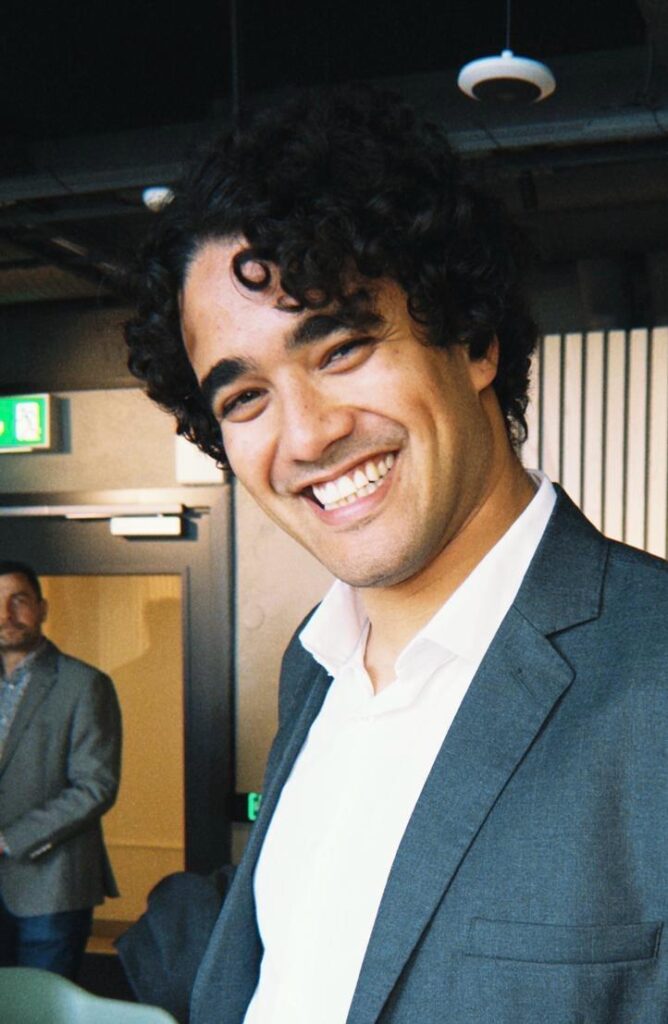
Vitor Heitor Cardoso Cunha joined PoreLab at the Department of Chemistry, NTNU, on September 1st, 2025, as postdoctoral researcher. This is a 3-year contract. His research focuses on the theoretical and computational study of complex fluid systems, with emphasis on dynamical systems modeling, wetting and capillarity, and liquid-vapor phase transitions at sub-micron scales.
Vitor holds a PhD in Fluids Engineering from the Department of Energy and Process Engineering at NTNU from 2025. He completed his M.Sc degree in Mechanical Engineering and Thermosciences from the Pontifícia Universidade Católica do Rio de Janeiro, in Brazil, in 2021. The title of his master thesis was: Numerical Investigation of coating physics and thin liquid films with complex interfaces. He holds a B.Sc degree in Mechanical Engineering from the same University from 2019 where he worked on the dynamics of a brushless DC electric motor with permanent magnets, focusing on the motor’s performance across various loads through dynamic behavior analysis.
Vitor will be working especially with the Thermodynamic group at NTNU led by Professor Øivind Wilhelmsen.
Vitor introduces his project at PoreLab as follow:
During my doctoral work, I investigated the thermodynamic and hydrodynamic aspects of phase transitions in droplets and thin films using the thermal Navier–Stokes–Korteweg equations, density gradient theory, and Computational Fluid Dynamics (CFD). These studies examined how wettability gradients, capillary forces, and solid–fluid interactions shape interfacial stability and govern heat and mass transport during evaporation and condensation. The results contribute to improved modeling of nanoscale phase change processes, which are relevant for applications in microfluidics, nanofluidics, and nanoelectronics.
Currently, as a postdoctoral researcher, I extend this work by applying density functional theory (DFT), molecular dynamics, and computational physics to study solid, liquid, and gas systems across a wide range of pressures, temperatures, and length scales. My focus is on characterizing fluid behavior and stability by combining physics- and chemistry-based models with advanced numerical methods. Current interests include fluid behavior at low temperatures, the impact of surface aging through photo-oxidation, and binding affinities at interfaces. In particular, I study how surface modifications alter the energy landscape, lowering barriers for molecular adsorption and reshaping interfacial transport dynamic.
